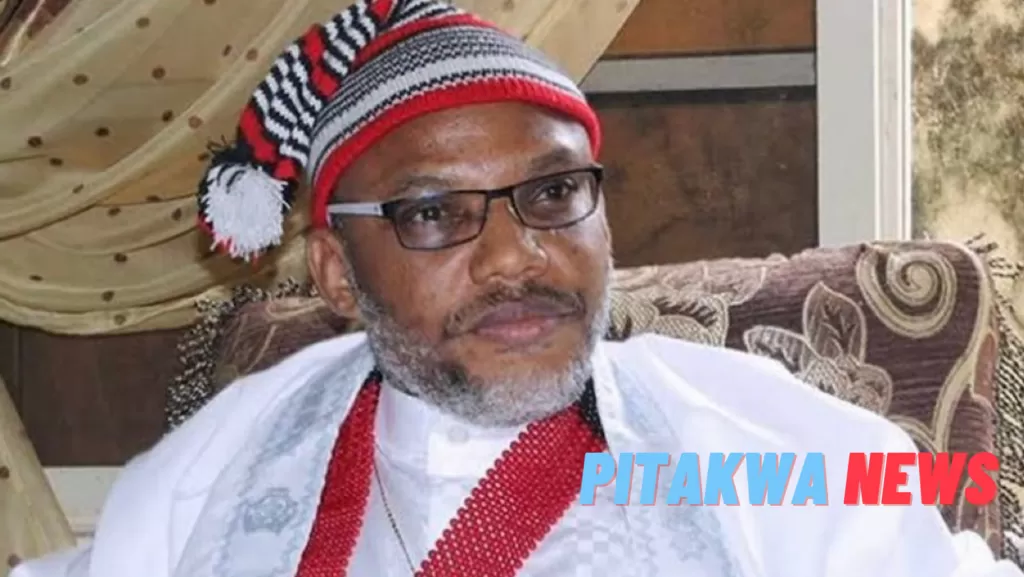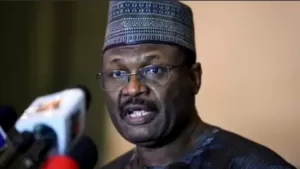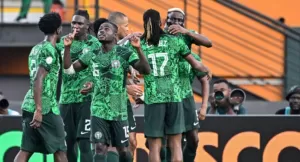I Am Campaigning For The Freedom Of My People – Nnamdi Kanu

Nnamdi Kanu, the leader of the Indigenous People of Biafra (IPOB), has been a central figure in advocating for the secession of Biafra from Nigeria. His campaign is rooted in the historical and ongoing grievances of the Igbo people, stemming from the Nigerian Civil War (1967-1970) and the subsequent lack of what he and his supporters perceive as equitable treatment, resource distribution, and political inclusion within Nigeria.
- Background and Advocacy: Kanu founded IPOB in 2012, aiming to restore the Republic of Biafra. His activism began through Radio Biafra, broadcasting messages from London that criticized the Nigerian government’s handling of issues affecting the Igbo people, including marginalization, economic disparity, and what many in IPOB view as federal government overreach in Igbo lands.
- Legal and Political Battles: Kanu’s activism led to his arrest in 2015 on charges of treason, although he was released on bail. However, he fled Nigeria in 2017 after the military operation Python Dance, which was perceived by IPOB to be targeting pro-Biafra sympathizers. He was re-arrested in June 2021, brought back to Nigeria, and faced charges including terrorism and treason, to which he pleaded not guilty. His legal battles highlight the tension between his campaign for Biafran self-determination and the Nigerian government’s stance on national unity.
- Support and Methods: IPOB has garnered support partly due to perceived injustices against the Igbo, including economic and political marginalization. While IPOB initially advocated for non-violent means, the establishment of the Eastern Security Network (ESN) marked a shift towards a more aggressive stance, aiming to protect Igbo communities but also leading to accusations of involvement in violent acts against state security.
- Cultural and Political Impact: The Biafran cause, as championed by Kanu, taps into deep cultural identity issues among the Igbo, reviving memories of the Biafran war and post-war marginalization. His campaign has not only been about secession but also about addressing the failure of the Nigerian state to integrate and equitably develop all its regions, especially the Igbo-dominated southeast.
- Challenges and Controversies: While Kanu’s campaign has resonated with many Igbo, it has also been controversial. His approach, including some of his statements and the tactics of IPOB, have drawn criticism both within and outside the Igbo community. The Nigerian government views IPOB as a terrorist organization, leading to significant crackdowns, which in turn fuels more support for IPOB’s cause.
- Current Status: As of early 2024, Nnamdi Kanu’s legal situation and the broader Biafran agitation continue to be significant issues in Nigerian politics, reflecting ongoing ethnic and political tensions within the country. His campaign for the freedom of his people through IPOB remains a focal point for discussions on self-determination, federalism, and the Nigerian project.
Nnamdi Kanu’s campaign for the freedom of his people, therefore, encapsulates a mix of historical grievances, contemporary political activism, and a quest for self-determination, deeply embedded within the complex fabric of Nigerian socio-political dynamics.






